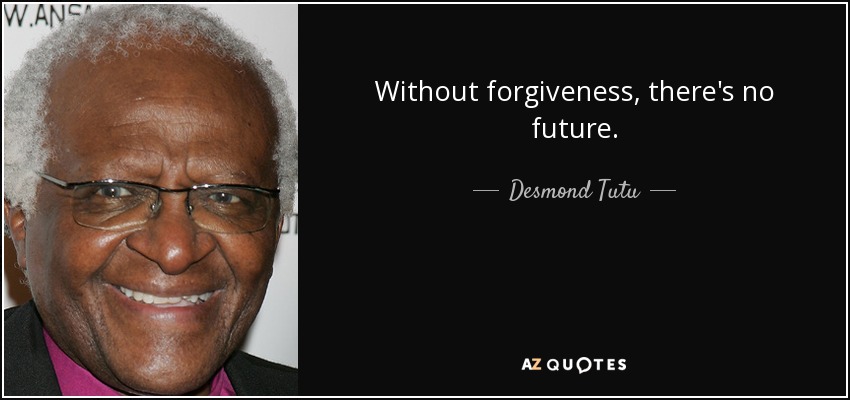Five books for Ramadan, 2019
Welcome to the Islamic season of abstinence, fasting, prayer and charity; the holy month of Ramadan. This is the fourth of the five pillars of Islam and a mandatory spiritual exercise for all Muslims except exempted by ill health and other special reasons. This is the month where you are also expected to seek forgiveness […]

Welcome to the Islamic season of abstinence, fasting, prayer and charity; the holy month of Ramadan. This is the fourth of the five pillars of Islam and a mandatory spiritual exercise for all Muslims except exempted by ill health and other special reasons. This is the month where you are also expected to seek forgiveness from those you might have offended. It is also the month where forgiveness is requested and expected. This is the month where you seek the face of God fervently and throw away all bad habits with the hope that you never return to them. I have always been intrigued by how religious exercises like Lent and Ramadan are juxtaposed in an amazing way where year in year out, they are either at par, or one just ends and the other is beginning or they cross in some of the days across both religions. I believe that this should tell us something about religious harmony.
Here then are some books to help us along in this journey. Ramadan Kareem to everyone.
No future without forgiveness by Archbishop Desmond Tutu. At the end of apartheid in South Africa, the government set up a ground-breaking Truth and Reconciliation committee headed by Desmond Tutu. A painful exercise that confronted perpetrators with their crimes and brought victims face to face with their perpetrators for reconciliation and forgiveness. This was a pioneering international event. After the report was submitted, Tutu wrote this book reflecting on the entire process and telling of the profound wisdom he had gained taking South Africa through the process. In a voice well pitched with decades of experience, he presents a bold spirituality that recognises the horrors people can put others through but remains resolute about the ideals of forgiveness. It teaches readers how we can move forward with honesty and compassion for a more humane world.
Forgive for Good by Dr Fred Luskin. Please do not delude yourself that forgiveness is easy. I believe that it is one of the hardest things anyone can do but once done, it can be very liberating. Take it one day at a time. This book, Forgive for Good is based on scientific reach from the frontiers of psychology and medicine offers startling new insight into the healing and medical benefits of forgiveness.
The month of Ramadan, virtues, importance and things to do is a translation of the Urdu version by Dr Farhat Hashimi. It’s a very precise book on the various requirements for Ramadan and fully covers all the areas of the subject matter.
Heart in the right place by Carolyn Jourdan. This is the story of a well-paid girl in the city who had it all, best driven cars, nice apartment etcetera. Then her mother suffers a heart attack and the author had to move back home to help her Dad look after her mum and assist in her Dad’s medical practice. She started off helping at the reception, then moved in to scrub, and help clean patient’s bodily fluids. She learnt that her Father was on call all the time and joined him to take care of patients and run errands. She also learnt the difference between a sprain, a strain and pain. After a while she discovered that she preferred making an impact on the lives of others. Carolyn realised that she preferred her life with her father in rural America than living large in the city. She gave up all the luxury she had and help with her Father. It is an incredible book to read this season. Sacrifice, charity, selflessness.
Tell me more about Ramadan by Bachar Karrum is a children’s book about Ramadan. A very well illustrated book. It will enchant the children while getting the teachings for the month of Ramadan. The book is the story of Laila, a young curious Muslim girl who wants to know more about Ramadan. The book was written primarily for children who are far away from their home countries either because their parents now work abroad or they are immigrant’s children. But any child can benefit from it anywhere in the world.
